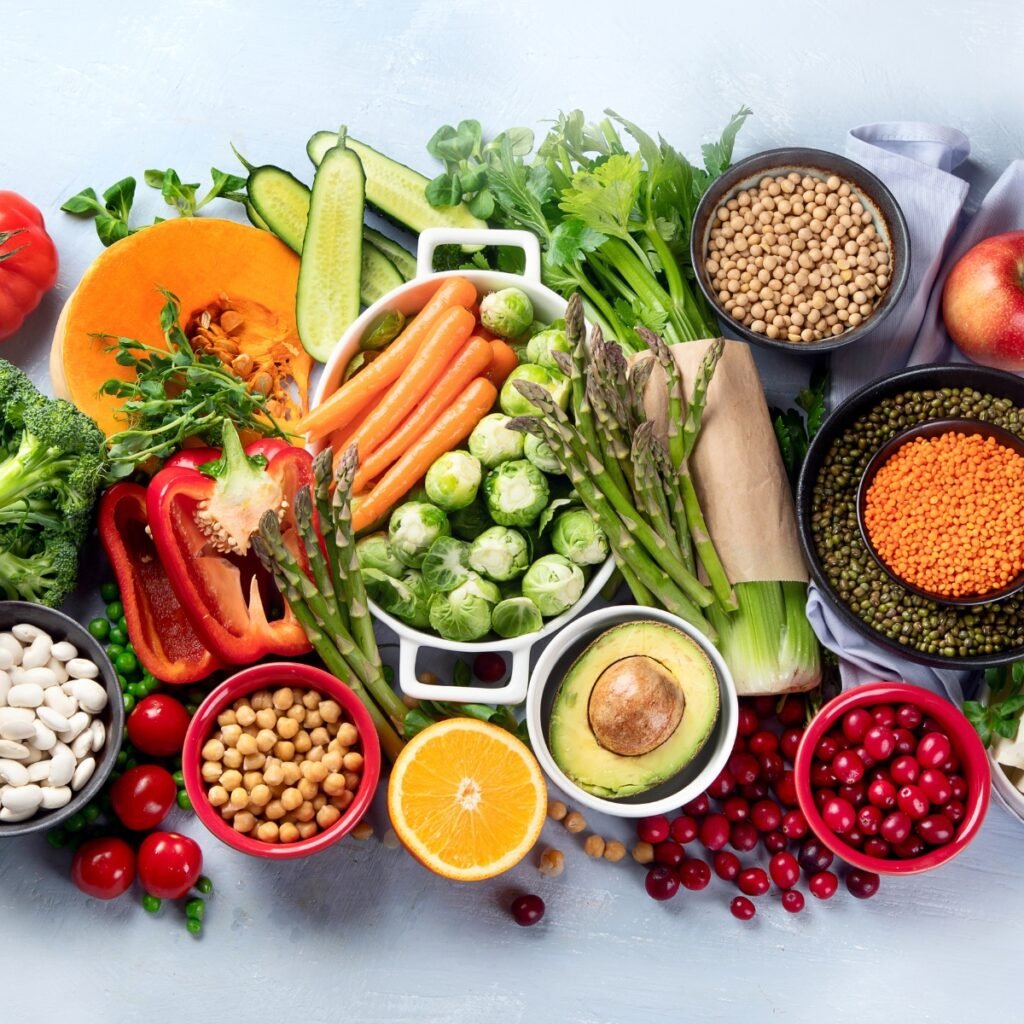When we think about maintaining good health, our minds often gravitate toward diet, exercise, and regular medical check-ups. However, one area that is often overlooked is urologic health. The urinary tract, kidneys, bladder, and prostate (for men) play crucial roles in our overall well-being, and nutrition can significantly impact the health and functionality of these organs. This blog will explore how proper nutrition supports urologic health and offers practical dietary tips for maintaining it.
Understanding Urologic Health
Urologic health encompasses the proper functioning of the kidneys, bladder, ureters, and urethra. For men, it also includes the prostate. These organs work together to filter and eliminate waste from the body, regulate blood pressure, and balance electrolytes. Poor urologic health can lead to issues such as urinary tract infections (UTIs), kidney stones, bladder problems, and even more severe conditions like chronic kidney disease or prostate cancer.
The Connection Between Diet and Urologic Health
Nutrition plays a vital role in preventing and managing urologic conditions. Here’s how:
- Hydration is Key
- Importance: Water is essential for kidney function. Staying hydrated helps flush out toxins, reduce the risk of UTIs, and prevent the formation of kidney stones. It also helps maintain bladder health by diluting urine, reducing the risk of bladder irritation and infections.
- Tip: Aim to drink at least 8 glasses of water daily, and more if you’re physically active or in a hot climate.
- Reducing Sodium Intake
- Importance: High sodium levels can lead to increased calcium in the urine, which is a primary cause of kidney stones. Excess sodium also contributes to high blood pressure, a leading cause of chronic kidney disease.
- Tip: Limit processed foods and avoid adding extra salt to meals. Opt for herbs and spices for flavor instead.
- Balanced Protein Consumption
- Importance: While protein is essential for overall health, excessive intake, especially from animal sources, can strain the kidneys. High protein intake increases the excretion of calcium, which can contribute to kidney stone formation.
- Tip: Balance your diet with plant-based proteins such as beans, lentils, and nuts, and keep animal protein intake moderate.
- Fiber-Rich Foods
- Importance: A diet high in fiber helps maintain regular bowel movements, reducing pressure on the bladder and kidneys. It also helps control blood sugar levels, which is crucial for kidney health in individuals with diabetes.
- Tip: Incorporate plenty of fruits, vegetables, whole grains, and legumes into your diet.
- Incorporating Potassium and Magnesium
- Importance: Potassium and magnesium are essential minerals that help regulate blood pressure and balance fluids in the body. They can also help reduce the risk of kidney stones.
- Tip: Include potassium-rich foods like bananas, sweet potatoes, and spinach, and magnesium-rich foods like nuts, seeds, and leafy greens in your diet.
- Avoiding Oxalate-Rich Foods
- Importance: Oxalates, found in certain foods, can contribute to the formation of kidney stones in susceptible individuals. While it’s not necessary to eliminate these foods completely, moderation is key.
- Tip: Limit intake of foods high in oxalates such as spinach, beets, nuts, and chocolate, especially if you are prone to kidney stones.
Specific Dietary Recommendations for Urologic Conditions
- For Prostate Health: Incorporate foods rich in antioxidants and anti-inflammatory properties, such as tomatoes (high in lycopene), green tea, and fatty fish like salmon. These can support prostate health and reduce the risk of prostate cancer.
- For Urinary Tract Infections: Cranberry juice and supplements have been traditionally recommended for preventing UTIs, though the evidence is mixed. However, maintaining good hydration and a diet rich in fruits and vegetables can support overall urinary tract health.
- For Kidney Stones: In addition to reducing sodium and balancing protein intake, it’s important to limit foods high in oxalates if you are prone to calcium oxalate stones. Increasing your intake of citrate-rich foods like lemons and oranges can also help prevent stone formation.
Conclusion
Maintaining urologic health through proper nutrition is a proactive approach to preventing and managing common urologic conditions. By staying hydrated, reducing sodium, balancing protein intake, and incorporating a variety of fruits, vegetables, and whole grains into your diet, you can support the health of your kidneys, bladder, and prostate. Remember, while diet plays a significant role, it should complement regular medical check-ups and consultations with your healthcare provider. Prioritizing your urologic health through nutrition is a small step with potentially significant benefits for your overall well-being.

